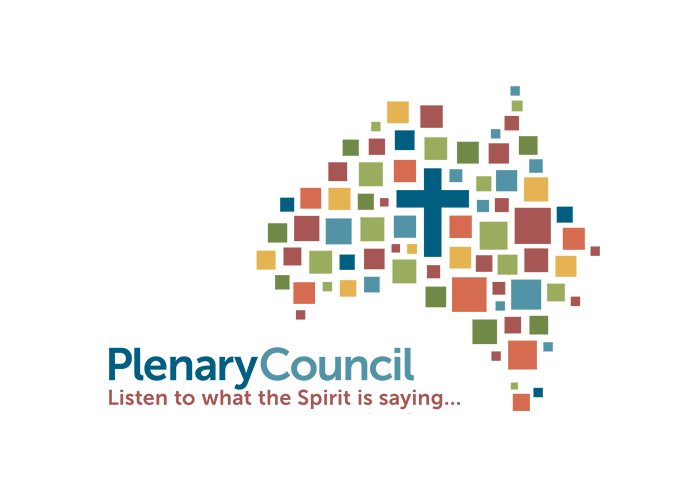Before commencing your Small Group Discernment sessions, we invite you to become more familiar with the process of Discernment through the following resources.
For resources on Synodality, click-through to the READ page.
The Value of Discernment
(Br Ian Cribb SJ | Brisbane Assembly 2019)
What is
Discernment?
What are the origins
of Discernment?
The difference between
Discernment and decision-making
Articles
Pope Francis’ chapter on Discernment from Gaudete et Exsultate
‘166. How can we know if something comes from the Holy Spirit or if it stems from the spirit of the world or the spirit of the devil? The only way is through discernment, which calls for something more than intelligence or common sense. It is a gift which we must implore. If we ask with confidence that the Holy Spirit grant us this gift, and then seek to develop it through prayer, reflection, reading and good counsel, then surely we will grow in this spiritual endowment.’
Discernment: An approach to making decisions, from the Jesuits in Britain
St Ignatius developed his Spiritual Exercises to help us make good decisions. The process helps us to become more sensitive to the action of God in our lives. God’s desire for each one of us is that we should be at peace and joyful. St Ignatius described this as being in a state of consolation – feeling that we are in the right place and doing the right thing.
Discernment: The good, the bad, the Ignatian
The term discernment often gets used these days to refer to two quite distinct but related things: making big apostolic decisions, life choices, and such – what Ignatius called ‘election’; and the more humble practice of discernment of spirits. Both are practical skills; both are aimed at making choices, either big decisions or the small stuff of moment-by-moment, hour-by-hour, day-by-day practicality – what I think of as micro-choices.
St. Ignatius’ Eight Rules for the Discernment of Spirits
These guidelines help a troubled soul discern the many movements that occur within the heart.
